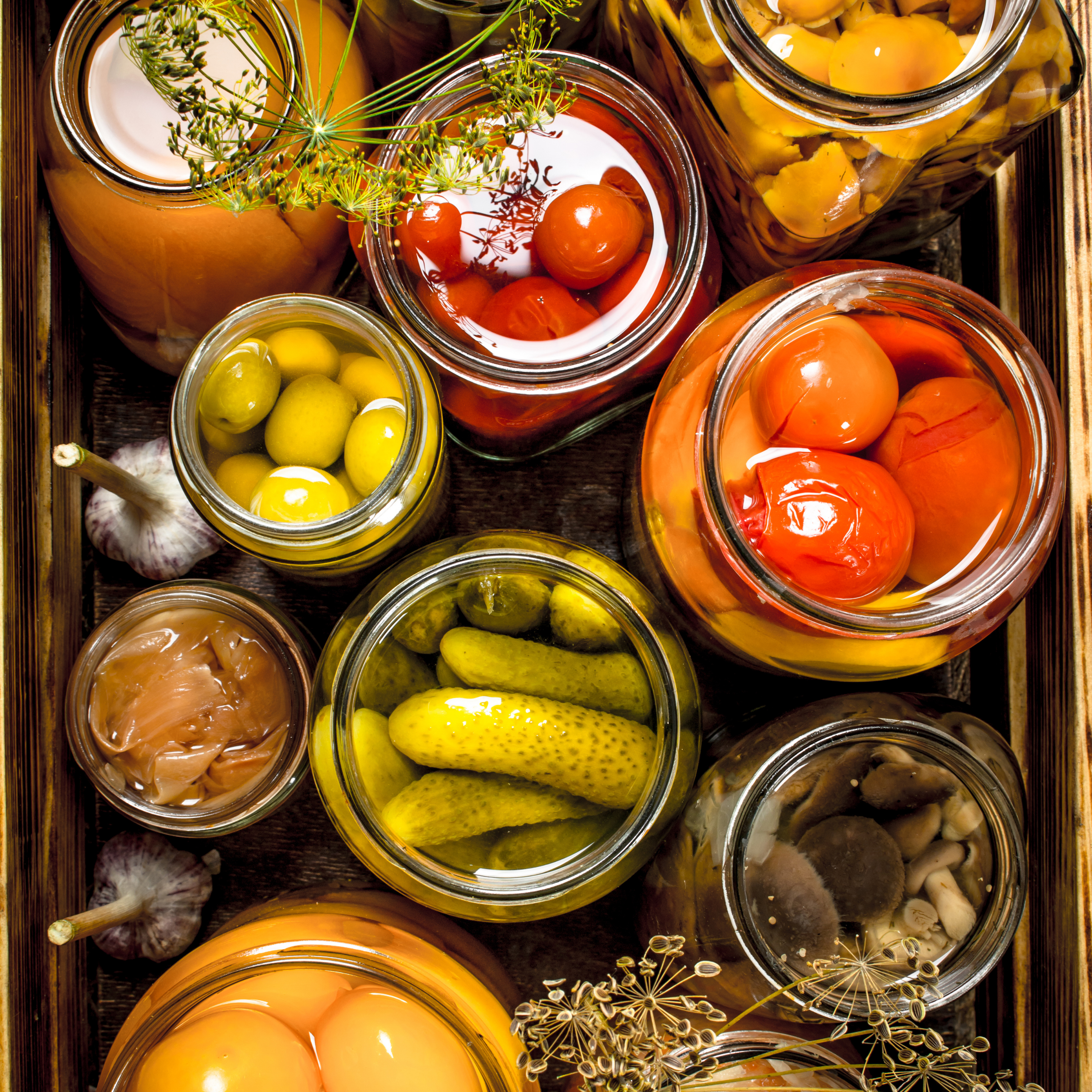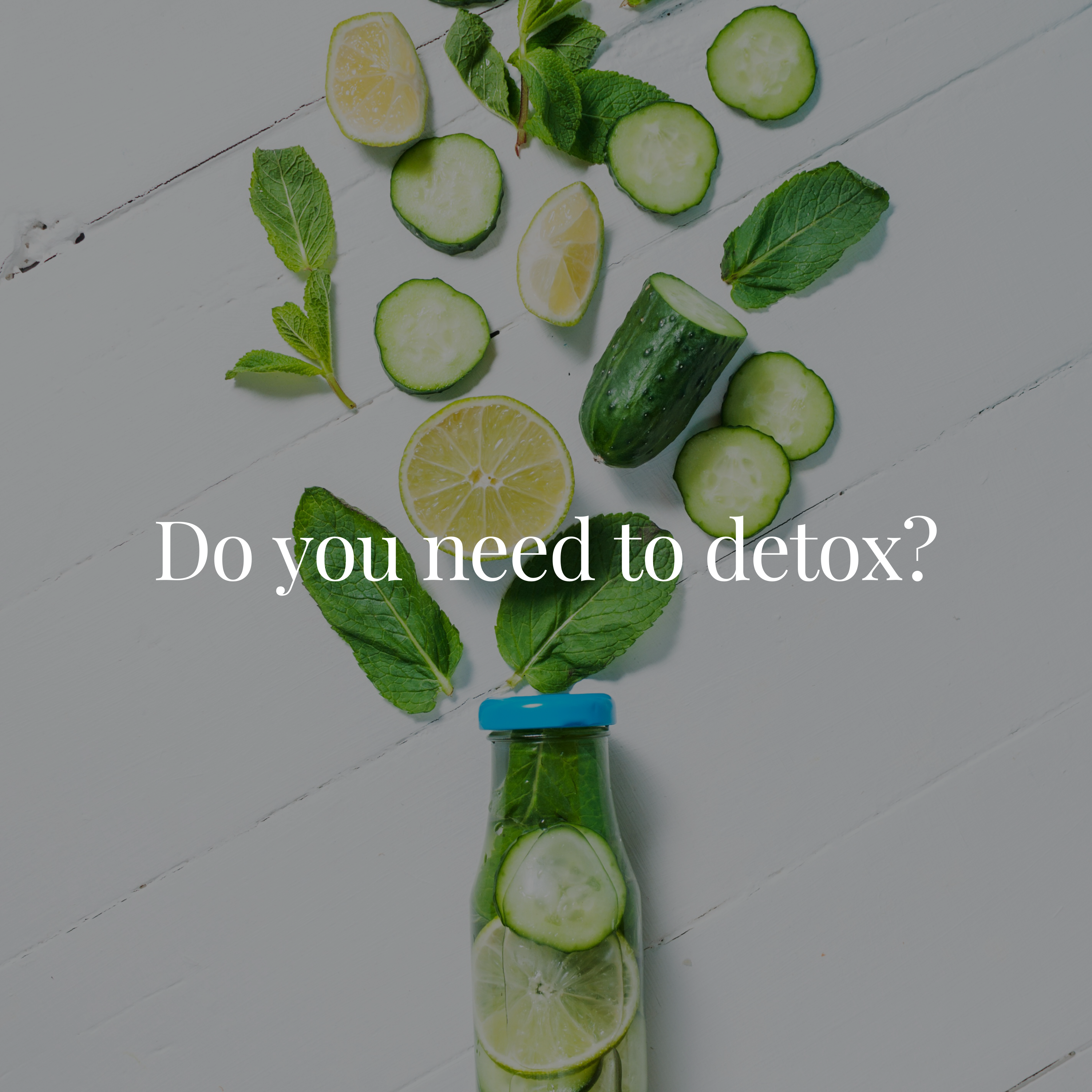
5 examples of shelf-stable foods & pantry staples, to help you in quarantine
@eatonbalanced_dietitian Reply to @angrypriusdriver I list 10+ staple foods at the end! 😊 ##covidfood ##healthtips ##nutrition ##nutritiontips ##allfoodsfit ##dietitian ##health ##fy
♬ Home - Edith Whiskers
We’re going to read back on this article in a number of years and think wow, what a year 2020 and 2021 were – our kids and generations after us will be learning about COVID-19 at school and research will be ongoing for years after to assess its impacts.
But have you found yourself in lockdown or in a situation where fresh food is a little bit more challenging to get your hands on?
I was asked a great question this week on social media:
“We’re struggling with COVID food! We are isolating and only do food deliveries but are struggling with fresh - what’s shelf-stable and healthy!?”
So I thought I’d share my response as a blog – incase this is something that can help you too.
For a summarised version – watch my 60 second video (see above)
Firstly, I want to premise my response with an important message.
Please have some self-compassion
Your eating may not be the same as your “regular routine” at the moment, and that’s ok! If we consider difficulties like:
- Interrupted access to food
- Limited and reduced food availability
- Loss of and reduced income
..and mix that with a whole lot of stress and anxiety - all of these things can impact on your eating.
Have some self-compassion that life and your eating pattern is not “normal” right now due to reasons that are outside of your control. And take one small step at a time back towards your old routine (or maybe even a new one!) and what makes you feel like ‘you’ again.
But now, to answer the question.. here are a few shelf-stable & staple foods:
1. Staple ‘grain’ foods
Pantry staples like bread, rice, pasta, noodles and cereals like oats, are fantastic options that last a long time in the pantry (or bread in the freezer). They’re also really versatile meaning you can make a variety of dishes such as slow cooker rice and pasta bakes.
2. Tinned & canned foods
These include legumes and beans (such as kidney beans, mixed beans, black beans and chickpeas), lentils, canned fish (like salmon and tuna), and even tinned vegetables like corn, peas, tomatoes and mushrooms. If it’s difficult to get your hands-on fresh fruit, you can even source tinned fruit like pears and apples (As a rough guide, ~1 cup of tinned fruit = 1 ‘piece/serve’ of fruit).
3. Pickled foods, nuts, seeds, and trail mixes
Nuts, seeds, and trail mixes make a great snack that last for a while in the pantry, and pickled foods (like gherkins or onions) are also a great option that are very shelf stable. Other snack foods like rice cakes and crackers (including wholegrain varieties) are also a good option - if you can source some toppings (such as avocado, cheese, tomatoes, and nut butters).
Speaking of nut butters…
Although a little more expensive, a spread like peanut butter lasts for a long time in the pantry and is also very versatile. You can add it to a main dish to give it a satay flavour, you can pair it with fruit as a fulfilling snack or have it on toast and drizzled over oats.
4. Frozen foods
Along with tinned and canned foods, frozen foods are here to make your life easier when fresh food is a little harder to get your hands on. Frozen vegetables and frozen fruit are both great options! Especially if you’re adding them to meals, for example - adding frozen veggies to a slow cooked or baked recipe or adding fruit to a smoothie.
5. Herbs, spices, garlic & ginger ..to add flavour!
If you’re cooking with a lot of the same shelf-stable foods, like canned, tinned and frozen foods – it’s so important you add flavour to help increase satisfaction! Ways to add flavour to your food include stocking up on dried herbs and spices (so over time you can build up a selection of different flavours), adding olive oil (like EVOO) to meals, along with jars of chopped garlic and ginger (that you can store in the fridge for a long while after opening).
Freezing food is also a great option for foods that may be more perishable.
And shelf-stable milk is extremely handy as you can stock up, and it doesn't need refrigeration until it's opened.
Please note: These are just some ideas – and there may be MANY more foods that may be more suited to your preferences, and culture. But I hope this list may make it a little easier. I also found this article by the World Health Organisation that you may find helpful as well.
Let me know how you go!
I hope you found this article helpful - You may also enjoy my blog about fad diets, and this one about weight fluctuations.
Is there a topic you'd like to see me write about? Let me know!

written for you by
Melissa Eaton
A university qualified Dietitian (MNutrDiet), Nutritionist (BSc ANutr.), PhD student, and former teacher from Sydney, Australia.
Want to learn more?
You may also enjoy these articles
Sign up to my newsletter
A generous portion of nutrition knowledge, tasty recipe ideas and some hilarious myth-busting




